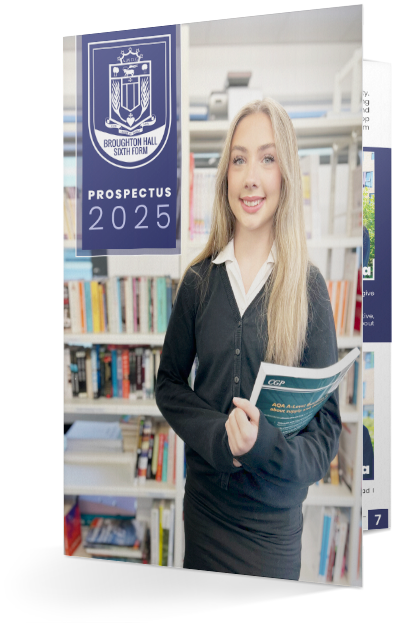Key Information
Level: A LevelExamination Board: Edexcel
Subject Leader: Mr Devine
Entry Requirements
To study A-Level mathematics you need to have achieved at least a grade 7 at GCSE level. Transition work must be completed before September to ensure all prior knowledge is covered.Why Choose this course?
By studying Maths at A-Level, you'll develop a number of skills, such as:Problem-solving
Analytical Skills
Research Skills
Logic
Maths allows you to hone your ability to solve mathematical problems as well as abstract and scientific ones too. These problem-solving skills can then be applied to many different areas of your life. You'll also learn how to analyse patterns, structures and problems, which will in turn, help you to develop a critical eye.
This will come in handy in both further study and future careers. Maths at A-Level will leave you with research skills that will allow you to find solutions to problems, investigate theories, and therefore give you the ability to find new information more effectively. Finally, your logical abilities will be developed so that you will have tools needed to tackle a number of diverse areas, from managing your finances to planning projects.
Prospects
Studying Maths, even if only to A-Level, has a number of advantages in the careers market, and gives you a number of job opportunities. You may even find that you'll use your Maths skills in totally unrelated fields. Some exciting careers that could be open to you if you study A-Level Maths include Construction/Architecture, Medicine or Scientific Research, Teaching and Tutoring, Games Development to name a few. It complements the majority of subjects and career paths and is always looked at favourably.
Course Content
Paper 1: Pure Mathematics 1
Paper 2: Pure Mathematics 2
Chapter 1 - Algebraic Expressions
Chapter 2 - Quadratics
Chapter 3 - Equations and Inequalities
Chapter 4 - Graphs and Transformations
Chapter 5 - Straight Line Graphs
Chapter 6 - Circles
Chapter 7 - Algebraic Methods
Chapter 8 - The Binomial Expansion
Chapter 9 - Trigonometric Ratios
Chapter 10 - Trigonometric Identities and Equations
Chapter 11 - Vectors
Chapter 12 - Differentiation
Chapter 13 - Integration
Chapter 14 - Logs and Exponentials
Paper 3: Statistics and Mechanics
Section A: Statistics
Chapter 2 - Measures of Location and Spread
Chapter 3 - Representing Data
Chapter 5 - Probability
Chapter 6 - Statistical Diagrams
Section B: Mechanics
Chapter 8 - Modelling in Mechanics
Chapter 9 - Constant Accelerations
Chapter 10 - Forces and Motion
Course Opportunities/ Activities
Outreach programme delivered by Bletchley Park focusing on codebreaking and ciphers
Florence Nightingale programme at the University of Lancaster
STEM/Careers opportunities at various opportunities
Access to further reading materials and online resources.
Department has strong links with the AMSP, updated with the latest opportunities.
Weekly problem solving sessions at the University of Liverpool
Support and Challenge
Consistent framework for students to follow. All Maths students receive comprehensive resources, revision, further reading materials and past exam questions. Regular homework's/formative assessments are monitored and students are always offered 4 additional slots through the week for intervention. Students are challenged at the highest level. Small class sizes allow specialist support catered to each individual and students use the latest technologies available. There is an integration between technologies and classical teaching methods in lessons, online graphing software and graphical calculators are used frequently as well as the latest software to visualize model answers.
Student Comment
I love how the exercises support the questions
I can't believe how much progress I have made in such a short space of time
I never really liked drawing graphs before, now I look forward to it

